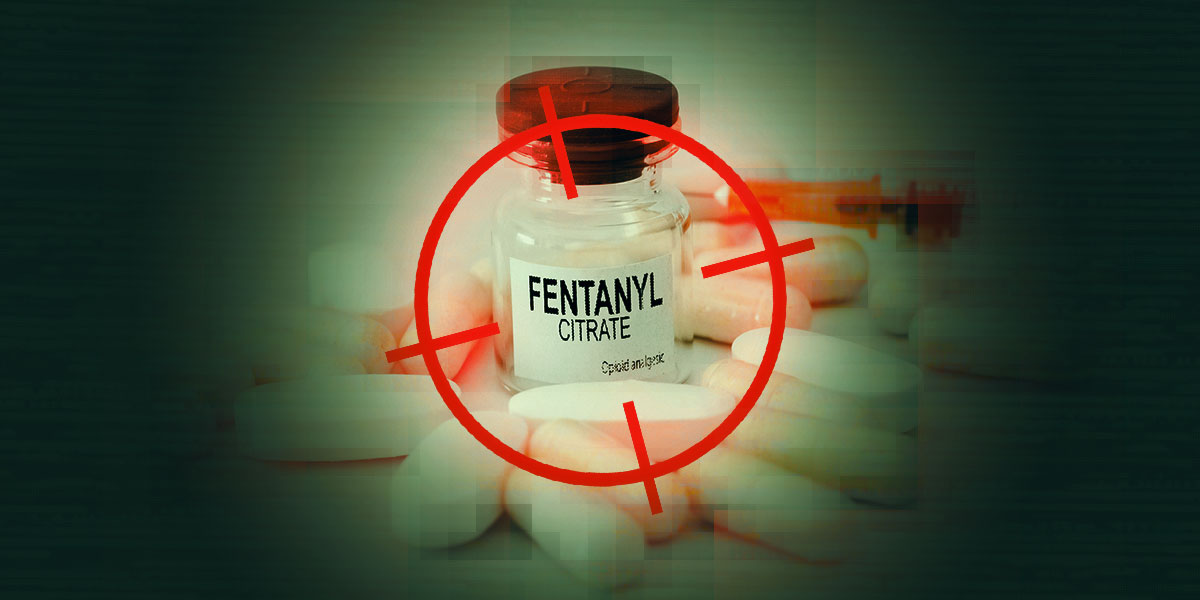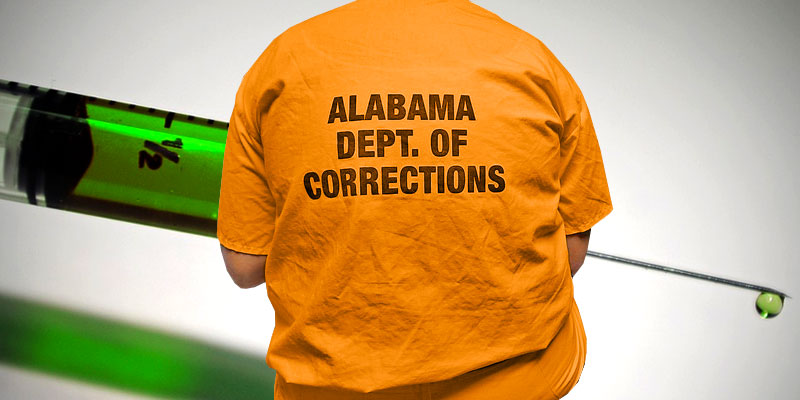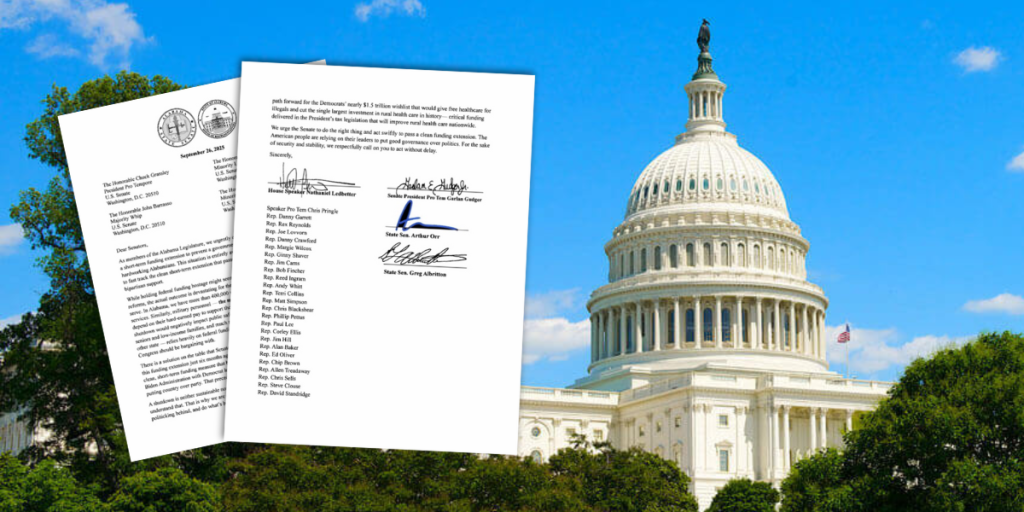As a former prosecutor, Rep. Matt Simpson is no stranger to the amount of time convicted drug traffickers spend behind bars.
With HB1, he’s putting a question to the Legislature: Why does fentanyl trafficking, which is up to 50 times stronger than heroin, not receive the same mandatory minimum sentence as other drugs?
“You have mandatory minimum sentences for cocaine, for heroine, methamphetamine, even marijuana has a trafficking mandatory minimum,” Simpson (R-Daphne) told Yellowhammer News. “As dangerous and as deadly as that drug is, that just didn’t sit right with me.”
According to the 2023 Alabama Drug Threat Assessment, law enforcement officials listed what drugs they consider to be increasing as most available in their part of the State. Fentanyl topped the list at 78%.
The number of drug overdose deaths in Alabama more than doubled between August 2016 and August 2022, according to the CDC.
Simpson has a message for those responsible: “If you’re trafficking fentanyl in Alabama, we’re coming after you, and you’re going to have significant punishment for what you do.”
HB1 will establish mandatory minimums directly linked to the amount of fentanyl an offender was caught with.
“If you have between one and two grams, it’s a mandatory three years to serve,” Simpson said. “That’s mandatory, day for day, three calendar years to serve.
“If you have between two and four grams, it’s 10 calendar years you’re going to serve. If you have between four and eight grams, it’s 25 calendar years you’re going to serve. If it’s more than eight grams — it’s going to be mandatory life in prison.”
During her State of the State address, Gov. Kay Ivey urged the Legislature to pass HB1 “so I can sign it into law as soon as possible. By doing this, we will put any traffickers of this deadly drug behind bars – and keep them there.”
HB1 cleared the House Judiciary Committee on Wednesday and is expected to receive overwhelming support from fellow lawmakers. Rep. Chris England even praised the bill for its precise focus during the committee hearing.
Rep. Simpson designed the bill to target high-level offenders. “We’re not looking to go after the everyday user, we’re not looking to go after the addict,” he said.
“This is to take the traffickers, the people who bring it into our community, the people who sell it — we’re going after the big fish — and we’re putting teeth into the law to make sure those big fish are punished.”












